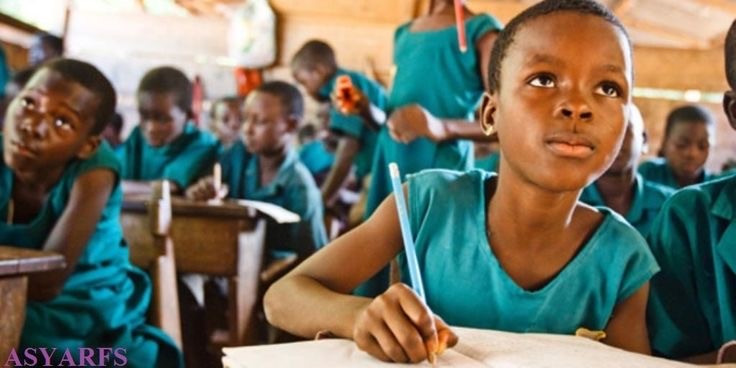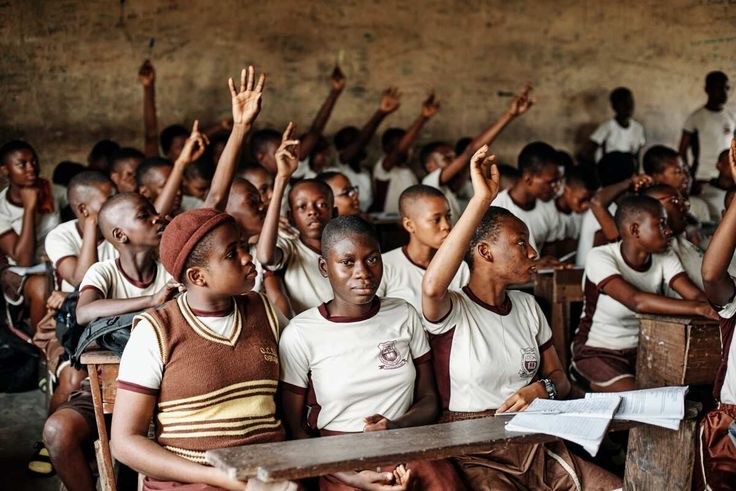Education stands as the cornerstone of society, shaping future generations and fostering equal opportunities. However, the debate on the role of private versus public education persists, raising questions about equity and disparity within the educational landscape.
Government-funded and -regulated public education continues to be a cornerstone institution that aims to educate everyone, regardless of background or economic situation. It seeks to level the playing field for all students and symbolises the idea of equal access to education. Proponents highlight how providing education as a basic right helps to advance equality and social cohesion.
On the other hand, tuition fees, endowments, and contributions support the autonomous operation of private education. Private schools, according to their supporters, frequently provide more resources, smaller class numbers, and specialised programmes, meeting the requirements of each individual student in a way that public schools could find challenging. Flexibility in teaching approaches and curriculum design is frequently cited as a major benefit.

Equity is one of the main points of contention. Critics of private education draw attention to the inherent inequality it produces, pointing out how kids from low-income families are excluded because of financial limitations. This exclusion has the potential to deepen social differences by creating a system in which the ability to pay for an excellent education determines one’s eligibility, so increasing the wealth gap between the affluent and the poor.
On the other hand, proponents of private education contend that competition encourages quality and pushes educational institutions, both private and public, to up their game. They contend that the presence of private education can spur innovation and reform in the public sector, serving as a catalyst for development.
However, the reality remains complex. While private institutions may excel in certain aspects, they are not immune to criticism. Issues of elitism, limited accessibility, and the perpetuation of social divides persist. Conversely, some public schools face challenges such as underfunding, overcrowded classrooms, and limited resources, impacting the quality of education provided.

Towards educational equity, a diverse strategy is needed. A possible answer is cooperation between the public and private sectors and government policies centred on resource allocation and redistributive measures. Levelling the playing field can be achieved by initiatives that provide grants, scholarships, or other financial aid to children from underprivileged backgrounds so they can attend private schools.
Furthermore, it is still imperative to give priority to improvements in public education systems that will increase funding, raise teaching standards, and modify curricula to accommodate a range of student learning styles. Creating accessible spaces, utilising technology, and adopting new teaching approaches are steps towards providing fair educational opportunities for all.
Ultimately, the debate surrounding private versus public education is nuanced and multifaceted, revolving around the fundamental principles of equity and access to quality education. Striking a balance between the strengths of both sectors while addressing their limitations is pivotal in paving the way towards a more equitable educational landscape, ensuring that every individual has the opportunity to flourish and contribute to society regardless of their background or financial means.
Sources




